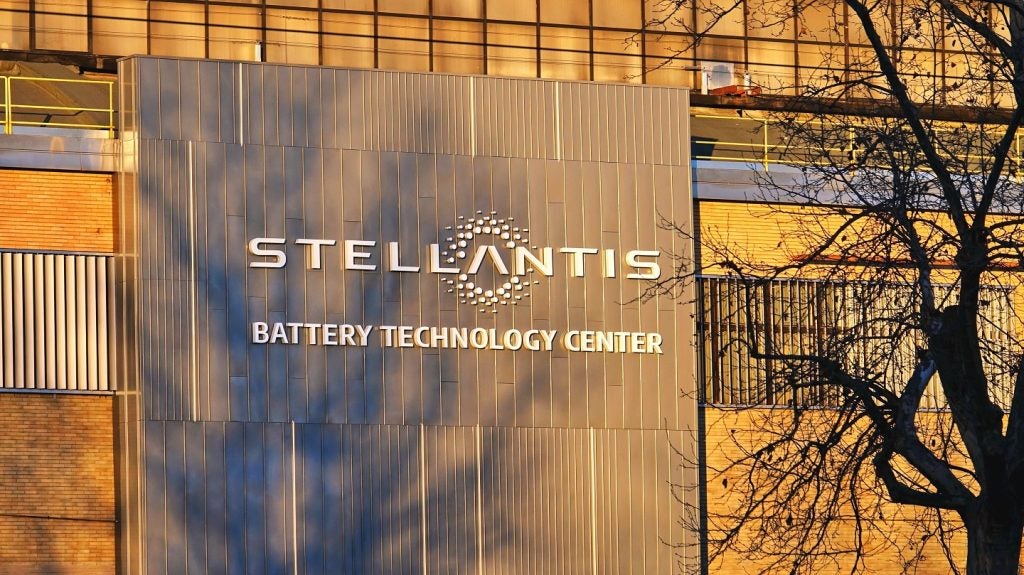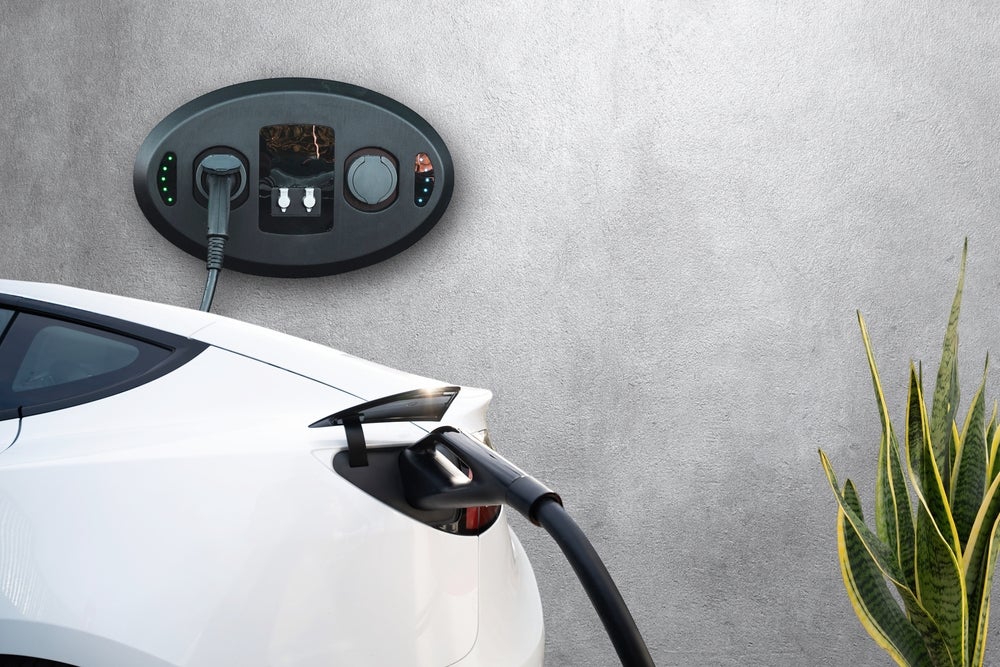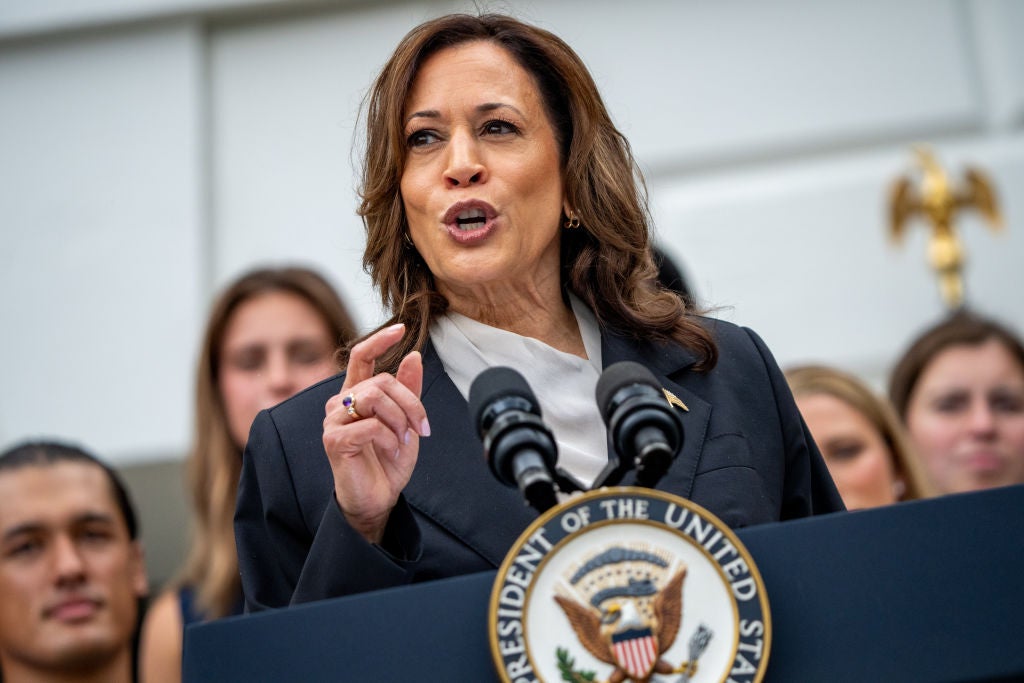
Toyota may be preparing to launch a small electric SUV using technology provided by Tesla, according to rumours circulating across a number of outlets. If true, this could prove to be a highly disruptive force in the auto industry, combining Toyota’s manufacturing strength as the largest automaker by volume, and Tesla’s market-leading position in electric vehicles (EV).
Toyota may be the world’s largest light vehicle manufacturer by volume, but the automaker has been somewhat slow to respond to the accelerating pace of electrification across the industry – driven, in part, by the unexpected success of Tesla’s EV line-up.
Among the Japanese giant’s justifications for dragging its feet on battery vehicles is its existing strength in hybrids, which has seen its fleet-wide CO2 figure remain lower than many competing large OEMs.
However, with markets such as California and the UK committing to outlawing combustion-vehicle sales within the next two decades, Toyota’s hand is now being forced towards battery EVs.
Like many large OEMs, Toyota finds itself in a position where its R&D work in the EV field is a number of years behind Tesla, which launched its game-changing Model S sedan in 2012, and has constantly updated its line-up since then.
Rather than spend vast sums of money to beat Tesla at its own game, Toyota may have decided to join the Californian automaker and leverage its existing strength to leapfrog ahead of competing automakers.
How well do you really know your competitors?
Access the most comprehensive Company Profiles on the market, powered by GlobalData. Save hours of research. Gain competitive edge.

Thank you!
Your download email will arrive shortly
Not ready to buy yet? Download a free sample
We are confident about the unique quality of our Company Profiles. However, we want you to make the most beneficial decision for your business, so we offer a free sample that you can download by submitting the below form
By GlobalDataThis is not the first time the two companies have worked together. In 2012, Toyota released its second-generation RAV4 EV crossover built in Canada for the North American market. This model used many Tesla-designed components including a battery pack, charging system, inverter, motor, gearbox and associated software. Earlier, in 2010, Toyota purchased a $50 million stake in Tesla but sold it in 2017 as no further partnership activities were planned. In addition, Tesla’s first factory in Fremont, California was purchased from Toyota, which had previously used it to build joint venture models with GM.
So, why might Toyota be willing to cede control over some of the value chain of its new model to Tesla?
One possible factor, assuming it confirms an agreement with Tesla, would be that Toyota has been slow to introduce an EV of its own. While Daimler, BMW, Stellantis and Volkswagen are all now launching volume-production EVs, Toyota lacks its own dedicated EV platform and associated supply chain, having previously focussed mainly on hybrids.
Buying in off-the shelf Tesla parts would allow it to create a competitive product with minimal R&D costs, compared with a totally self-developed effort.
Toyota may have decided it needs a competitive EV product in response to rapidly changing market conditions, leading to the rumoured tie-up with Tesla, but it has not ignored the EV sector altogether. At the end of 2020, the company confirmed that it would reveal a prototype EV in 2021 using a solid-state battery co-developed with Panasonic.
This promises better range, performance and longevity than existing Li-ion cells, and is seen by some as the next generation of EV battery technology. Volkswagen has a similar product roadmap through its stake in solid-state battery developer QuantumScape.
If the rumoured tie-up is true, Toyota could jump ahead of its rivals with an EV using components widely regarded as the current best in class. For Tesla, this could be an opportunity to get closer to launching its long-promised $25,000 EV by leveraging the sheer strength of Toyota’s manufacturing network – although, not directly under the Tesla brand as many would have expected.
There are risks to both manufacturers too, should a tie-up be announced. Toyota will have to sacrifice some of its profit per vehicle to Tesla in exchange for using the manufacturer’s components, while Tesla risks helping one of its rivals to muscle into a market that it already has a dominant position in.





